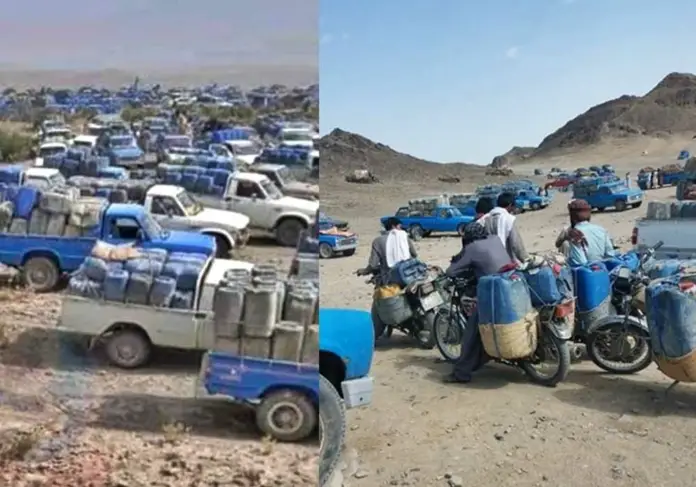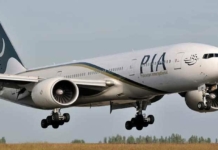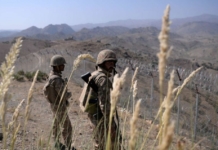Petrol smuggling has resurfaced, prompting a stern response from the Chairman of the Oil Companies Advisory Council (OCAC) in a recent letter addressed to the Secretary of Petroleum. The letter alleges that illicit trade from Iran has surged to an alarming 4,000 tons of petroleum products daily, equivalent to approximately 15 percent of the average daily consumption of high-speed diesel (HSD) in FY22.
The proliferation of smuggling networks on both sides of the border, possibly involving border controlling and handling agencies, has significantly strengthened over time. Residents in bordering towns heavily rely on this trade to meet their economic needs.
In an exclusive conversation with BR Research, Adil Khattak, Chairman of OCAC, highlighted the evolution of smuggling routes over time. He stated, “During the Musharraf era, smuggling commenced through mountainous routes on bikes. Gradually, informal traders expanded to develop jeepable tracks, and now, truck routes have been established in previously inaccessible areas.”
Khattak expressed frustration, noting the rampant involvement of politicians and border control agencies in Baluchistan. He cited drone footage revealing a large number of petrol carriers crossing the Baluchistan border with impunity, adversely impacting domestic refineries and depriving the government of revenue.
The incentive for smuggling intensifies as the price gap between Pakistan’s retail price and smuggled Iranian fuel widens. Currently, Pakistan imposes approximately Rs80/liter (Rs60 PL and Rs20 CD) in taxes on HSD, retailed at Rs285.6 per liter, whereas no tax is levied on smuggled diesel from Iran.
Moreover, the procurement price from Iran is likely discounted due to the expansion of the refining industry amid sanctions, leading to prices below international levels. As per sector experts, petrol and diesel are sold at a discount in Iran, with retail petrol prices below Rs50/liter.
Consequently, the profit margin per liter exceeds Rs80, benefiting smugglers, border handling agencies, and other accomplices. This illicit business has thrived, particularly following the imposition of higher petroleum levies last year, with smuggled products infiltrating markets in Baluchistan, Sindh, and Punjab.
Despite efforts to curb smuggling in 2023, initiated during a crackdown on smuggling and hundi hawala, the problem persists. Refineries, facing reduced off-take in HSD and petrol, are particularly affected by the sudden surge in smuggling.
Adil Khattak warned that unless smuggling from Iran is curtailed, refineries may reconsider billions of dollars in investments for upgrades under the new refinery policy. Refineries’ concerns about the broader economic impact of heightened petroleum product smuggling warrant serious consideration.
With anticipated tax increases on petroleum products in the next fiscal year, smuggling is poised to become even more lucrative, exacerbating the situation further.







